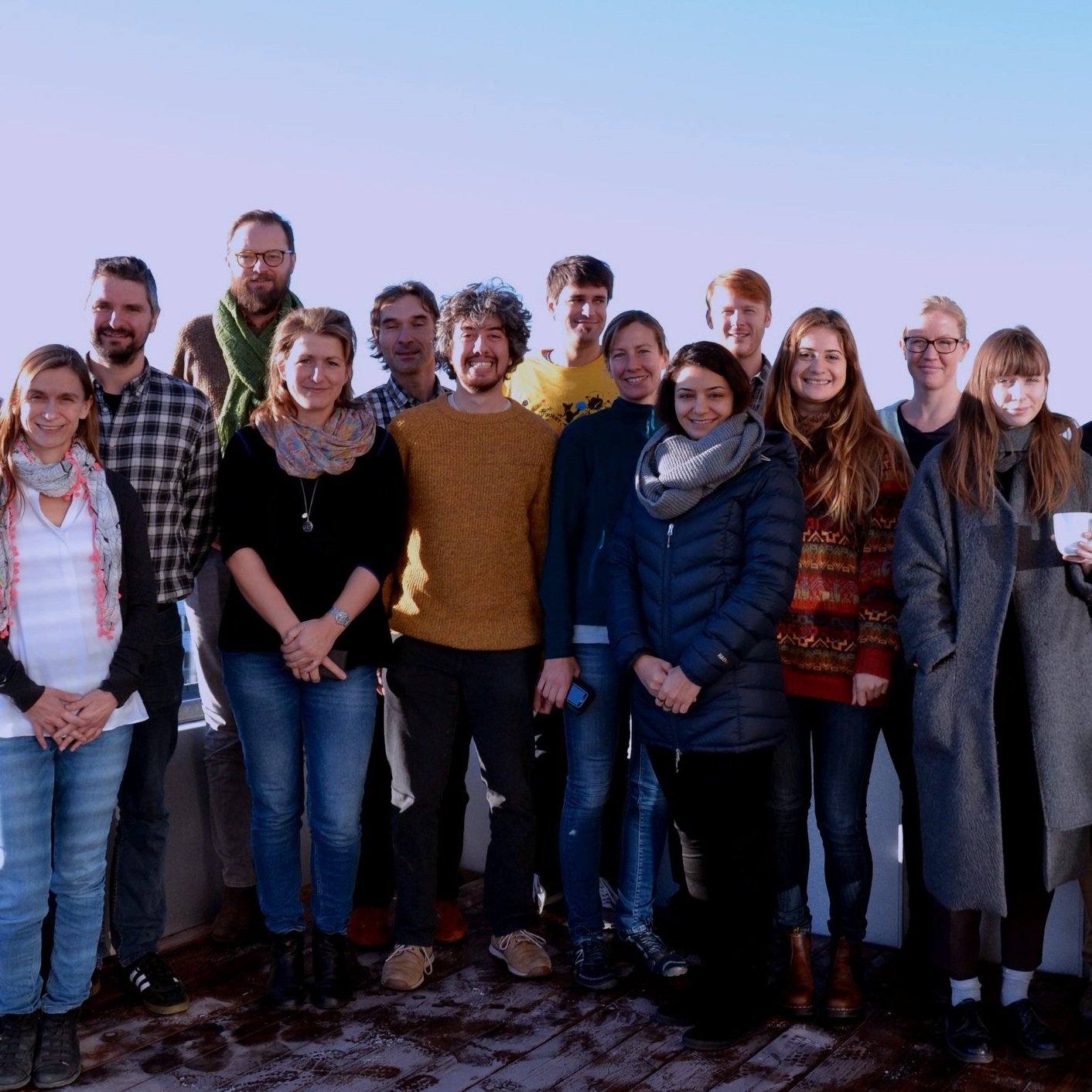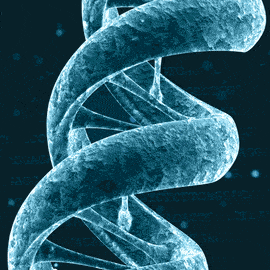When: 15 May, 2024
Register here: https://indico.ess.eu/event/3523/
Speakers: Maikel Rheinstadter and Hannah Krivic (McMaster University)
Abstract
The era of one-disease-one-pill is long gone. With moderate progress, it has become clear in recent years that complex diseases, such as Alzheimer’s disease, cancer, and infectious diseases, require sophisticated solutions. A significant hurdle in this process is the effective delivery of drugs to specific targets within the patient’s body to increase the drug’s efficacy and reduce the side effects common with conventional drugs. To accomplish this goal, drugs can be encapsulated in or conjugated to nanocarriers and selectively delivered to their targets. Potential applications include immunization, delivering anti-cancer drugs to tumors, antibiotics to infections, targeting resistant bacteria, and delivering therapeutic agents to the brain. Recent interest has focused on using red blood cells (RBC) as drug carriers due to their naturally long circulation time, flexible structure, and direct access to many target sites. The properties of these erythrocyte liposomes, such as charge and elastic properties, can be tuned through the incorporation of synthetic lipids to optimize physical properties, loading efficiency, and retention of different drugs. Specificity can be established through the anchorage of antigens and antibodies in the liposomal membrane to achieve targeted delivery. A large part of the challenge is related to material science, involving the manipulation of biological materials at the molecular level. This erythrocyte-based platform shows promising results in vitro and in animal studies. With Synth-Med Biotechnology (www.synth-med.com), we are bringing this fundamental research to applications in Alzheimer’s disease and cancer to improve the quality of life of patients by precision drug delivery to the brain and tumors.





















